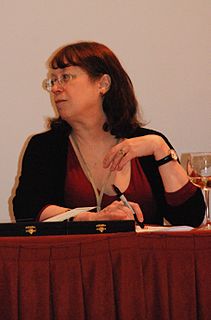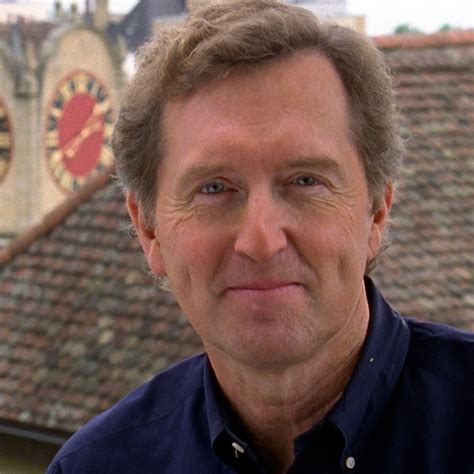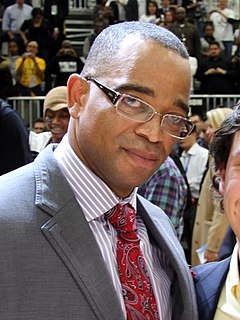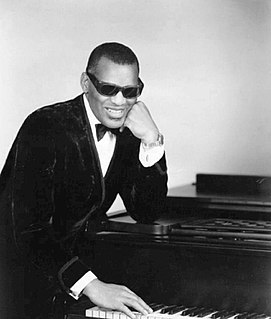A Quote by Diane Duane
A legend can just as well be founded in the future as in the past." "It's called a 'prophecy,'" Urruah said. "You may have heard of the concept.
Related Quotes
Prophecy and prescience - How can they be put to the test in the face of unanswered questions? Consider: How much is actual prediction and how much is the prophet shaping the future to fit the prophecy? What are the harmonics inherent in the act of prophecy? Does the prophet see the future or does he see a line of weakness, a fault or cleavage that he may shatter with words or decisions as a diamond-cutter shatters his gem with a blow of the knife?
Even time is a concept. In reality we are always in the eternal present. The past is just a memory, the future just an image or thought. All our stories about past and future are only ideas, arising in the moment. Our modern culture is so tyrannized by goals, plans, and improvement schemes that we constantly live for the future. But as Aldous Huxley reminded us in his writings, "An idolatrous religion is one in which time is substituted for eternity...the idea of endless progress is the devil's work, even today demanding human sacrifice on an enormous scale.
Past, n. That part of Eternity with some small fraction of which we have a slight and regrettable acquaintance. A moving line called the Present parts it from an imaginary period known as the Future. These two grand divisions of Eternity, of which the one is continually effacing the other, are entirely unlike. The one is dark with sorrow and disappointment, the other bright with prosperity and joy.... Yet the Past is the Future of yesterday, the Future is the Past of to-morrow. They are one-the knowledge and the dream.


































